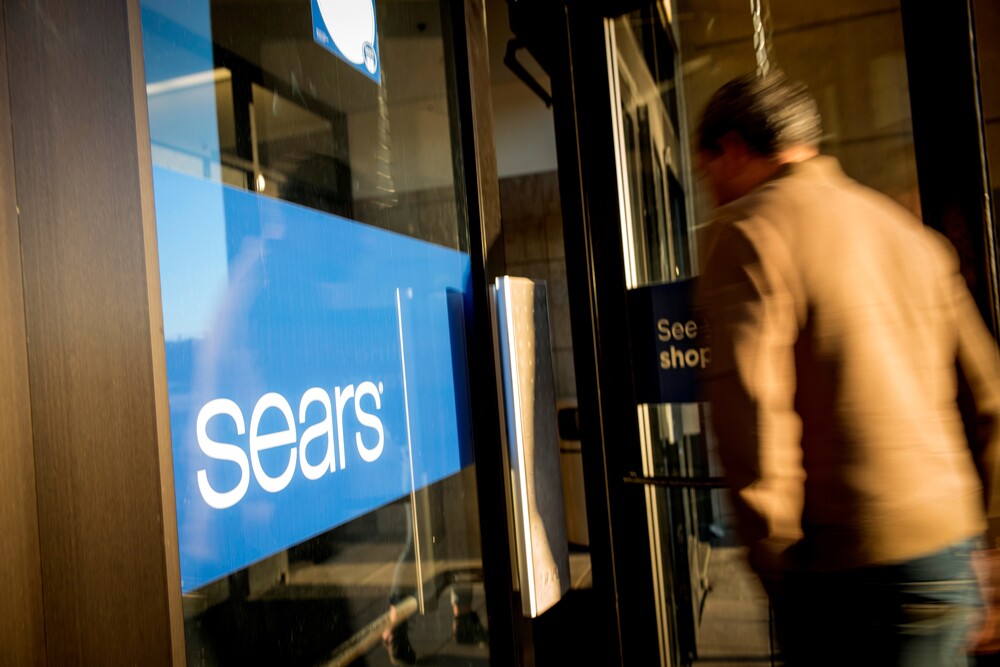Eddie Lampert and his hedge fund, ESL Investments, have offered a new, enhanced bid for Sears Holdings that may be able to keep the company out of liquidation.
But while the more than $5 billion his current bid offers — about $600 million above one that was earlier rejected by Sears — has a lot more for vendors and employees, it does nothing more to appease Sears’ unsecured creditors.
It only offers them $35 million — the same amount as in a December 28 proposal.
“We’ll have to see whether this offer is acceptable to the debtors and creditors,” said a person familiar with ESL’s proposal, referring to the $35 million ESL is proposing to pay for “a release of any possible claims connected to the related party transactions.”
The unsecured creditors will have to sign off on Lampert’s bid for it to be accepted — and so far they’ve made no indication they’re willing to do so.
Related-party transactions is a term for the many controversial deals Sears cut while Lampert — its largest shareholder and lender — was CEO, leading to conflicts of interest that creditors have argued may have resulted in sweetheart deals.
As previously reported by Institutional Investor, unsecured creditors argued in a court filing these deals “may have siphoned value away from the company on favorable terms” to insiders like Lampert at the expense of other creditors ever since the merger with Kmart in 2005. In the filing, they mentioned a litany of potential charges: fraudulent transfer, breach of fiduciary duty, equitable subordination, and debt recharacterization.
The spinoff of Lands’ End and the creation of Seritage, a real estate investment trust that bought Sears-owned real estate and turned the stores into renters, are two of the transactions that creditors have been eyeing, with a hope of clawing back some of its value to help satisfy their claims. They are also looking at ESL and Lampert’s loans to Sears.
The Sears chairman is making what’s known as a credit bid of $1.3 billion as part of the total package, which would use the secured debt he owns — at least $1.5 billion is backed by real estate and other assets — to pay for his portion of the bid.
The catch is that in order to make a credit bid, that debt will have to be free of any claims against it. But the official committee of unsecured creditors said in court recently that they will continue to challenge the legitimacy of the liens underpinning the debt ESL holds, according to Bloomberg.
Abid Qureshi, an attorney at Akin Gump Strauss Hauer & Feld that represents the committee, did not respond to a request for comment.
The new bid — which does little to appease them — was revealed in a securities filing Thursday. In a court hearing earlier in the week, Sears agreed to let Lampert make an improved bid in an auction scheduled for Monday.
ESL says it’s still the best offer in town. One advantage it has over liquidation is that, unlike a liquidation, a revived company will keep at least some of Sears’ current 50,000 employees on the job. Critics, however, believe it is just a temporary reprieve for Sears, which they do not believe can be turned into a profitable enterprise.
In an emailed statement, ESL confirmed that it had submitted a “significantly improved going concern bid” of more than $5 billion. It also confirmed it had made a required deposit of $120 million.
“We believe our proposal will provide substantially more value to stakeholders than any other option, in particular a liquidation, and is the best path forward for Sears, its associates and the many communities across the United States touched by Sears and Kmart stores. We look forward to having our proposal evaluated by the debtors at Monday’s auction.”
The improved offer includes $166 million to pay vendors, $43 million in increased employee severance costs, up to $135 million in property taxes, and up to $139 million in administrative claims.
ESL would take on 57 additional properties as well as home warranties sold in 2018, which are worth $53.6 million, among other items.






